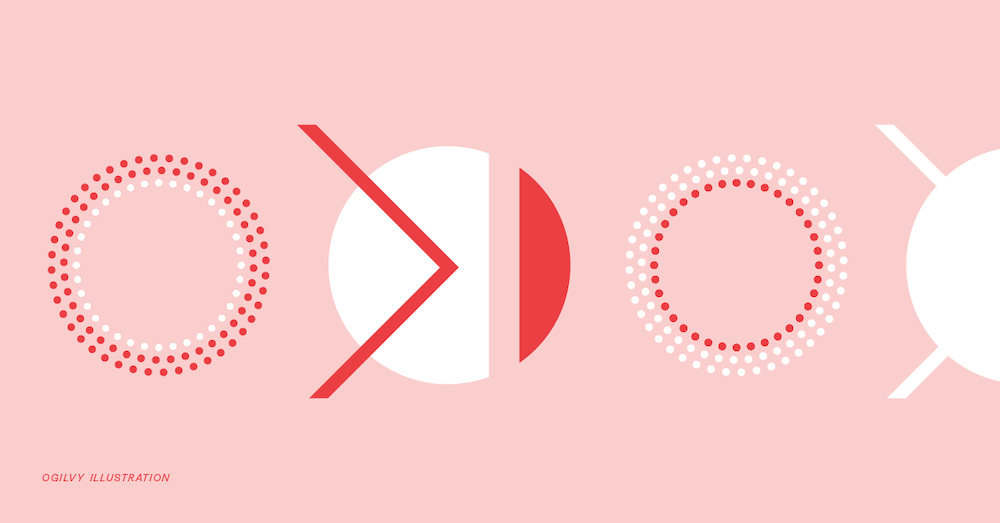by Michelle Wildenauer

Loyalty programs have long been considered an essential part of a well-rounded loyalty strategy, and they can drive significant business results.
Best-in-class loyalty programs demonstrate meaningful lifts in spend following program enrollment and disproportionate revenue generated from members.
But the loyalty landscape is changing. Recent events—the pandemic, civil unrest, and divisive politics—continue to have far-reaching impacts on both our personal and work lives.
Indeed, the past few years have seen tens of thousands of businesses closing. But it's shortsighted to blame those troubling events for recent business struggles. Brands were experiencing challenges retaining and growing customers prior to the pandemic.
Why? One powerful reason brands are failing is their reliance on tired strategies despite an evolving marketing landscape and changing customers.
Customers today are savvy and expectant. They want to be recognized and rewarded for their business. They anticipate personalized service and targeted offers. And they desire greater meaning from their brand interactions.
Yet brands often continue to sell to yesterday’s customers—the ones who carried loyalty punch cards in their wallets, who hadn’t yet discovered e-commerce, and who could sometimes be taken for granted.
These customers no longer exist.
Moreover, it’s a false premise that your brand has forever customers; loyalty is constantly changing and so are your customers.
Outdated loyalty programs—those that focus solely on transactions, lack emotional engagement, or haven’t innovated or evolved—no longer work. Brands with old-school loyalty strategies don’t see a positive return on their programs, but they will see customers defect.
We believe today’s loyalty programs must evolve to unlock the full potential of loyalty and drive customer lifetime value.
Ogilvy Experience and Sitecore set out to survey consumers around the globe to better understand their current loyalty needs and expectations:
- What drives brand loyalty?
- What propels loyalty program engagement?
- How do consumers want brands to engage with them?
What we found:
- Brand loyalty is driven by more than loyalty program rewards.
- To keep customers engaged with a loyalty program, rational and emotional benefits are necessary.
- Consumers continue to expect customized, personalized, and channel-relevant experiences across the entire journey.
- Consumers are open to brand relationships through loyalty programs and other means. This offers brands significant opportunities to build customer loyalty and drive business impact.
Go in-depth and read the full report, The Changing Look of Loyalty.
Michelle Wildenauer is Senior Vice President, Strategic Services at The Lacek Group.